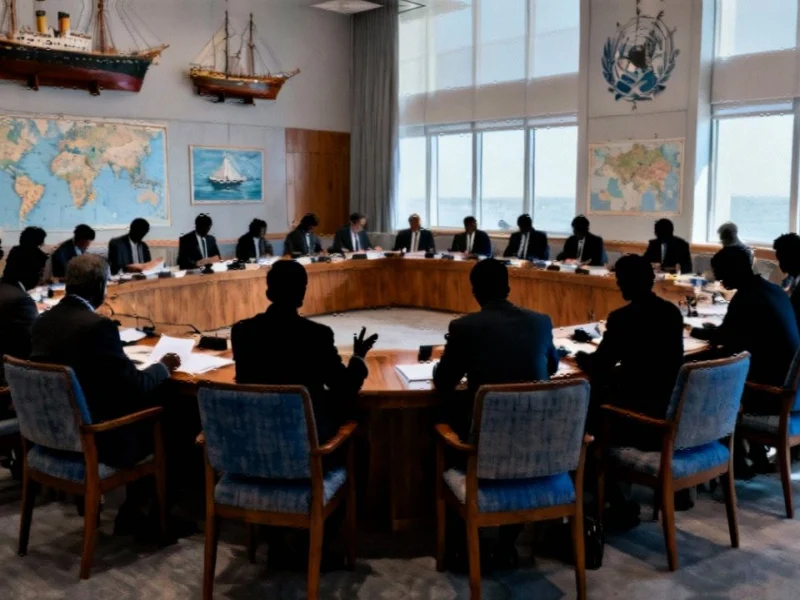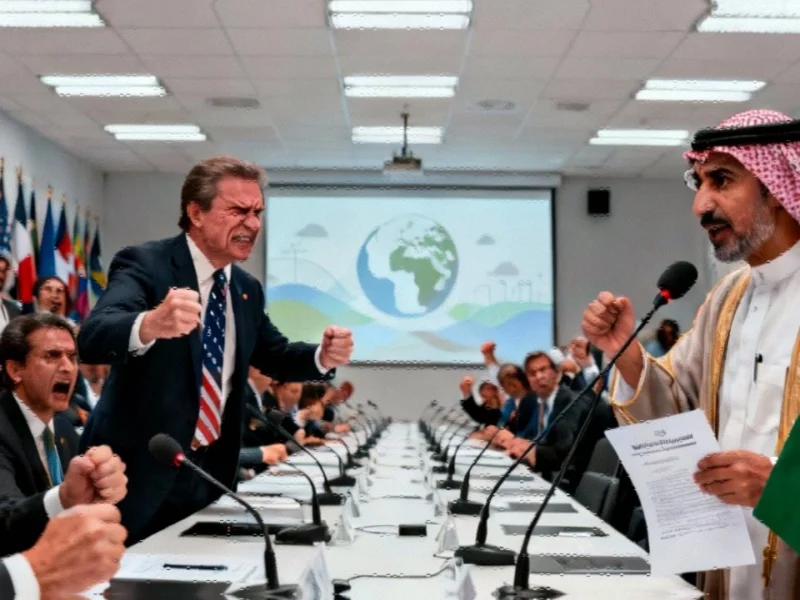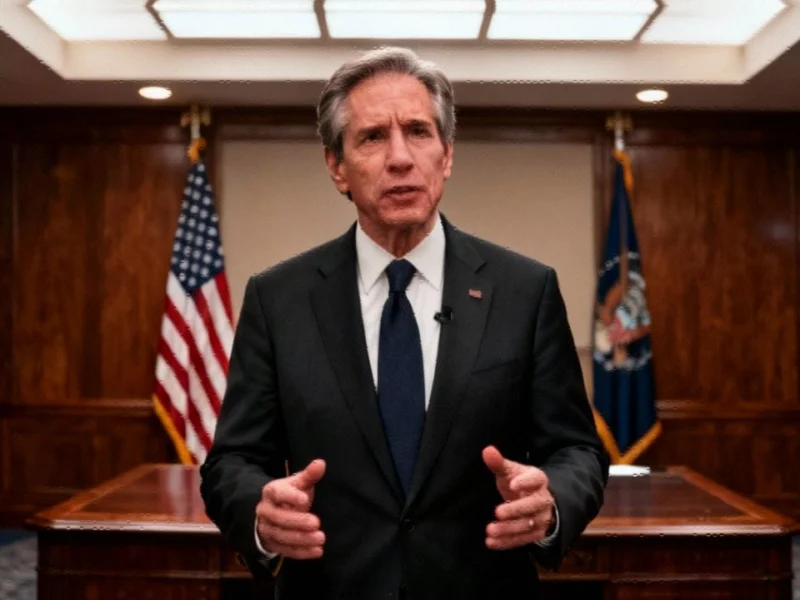Polish Court Releases Ukrainian Suspect in Nord Stream Pipeline Sabotage Case
A Polish court has ordered the release of a Ukrainian national wanted by Germany for alleged involvement in the Nord Stream pipeline sabotage. The decision represents a significant development in the high-profile case that has strained diplomatic relations between European allies. The suspect had been detained near Warsaw last month on a German arrest warrant.
Court Defies German Extradition Request
A Polish court has ordered the release of Volodymyr Zhuravlev, a Ukrainian citizen who was detained last month on a German warrant alleging his involvement in the Nord Stream pipeline sabotage, according to reports from Warsaw. The 45-year-old was freed by a judge despite Germany’s request for his extradition, creating what analysts suggest could be diplomatic friction between the two European Union members.









